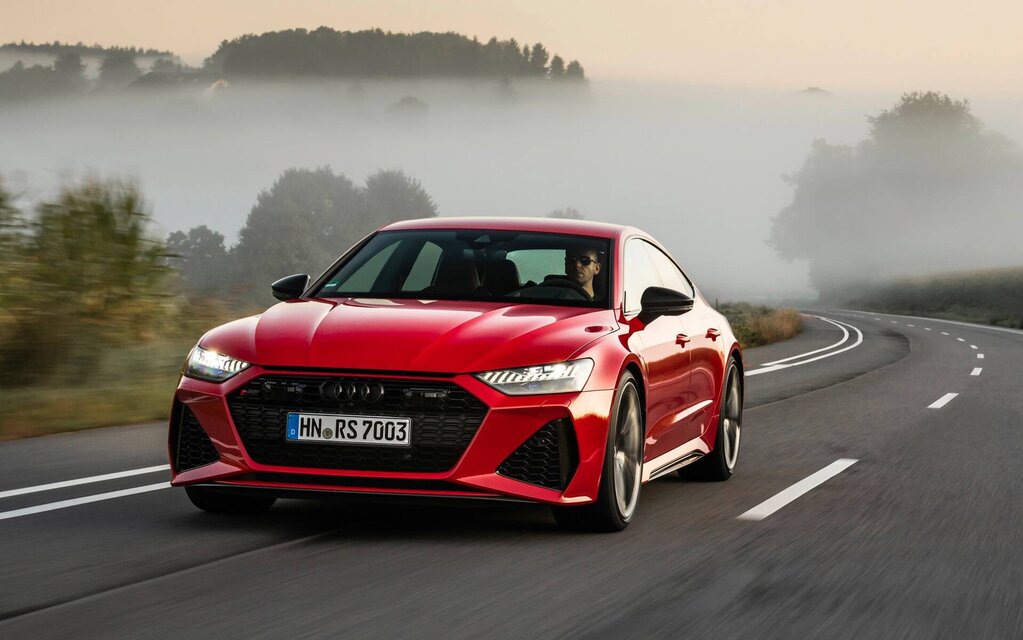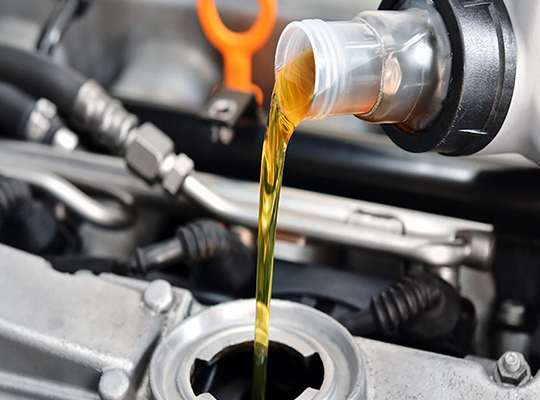Buying a used European car can be an exciting opportunity to own a luxury performance vehicle at a more affordable price. However, there are some important things to be aware of.
Here’s what to look for when buying a used car
European cars are complex performance machines. However, they come with specific mechanical and electrical challenges that can be costly to fix. Knowing what to look for when buying a used car is critical if you want to avoid unexpected repairs and wasted money.
The top problems in secondhand European cars
When buying a used European car, there are several common issues to be aware of before you sign the contract and take the keys.
Oil leaks
Whether you’ve got an Audi, a Skoda, or a Volkswagen, European cars are prone to oil leaks. Particular if they’re older model vehicles, or those with higher mileage.
By their nature, European cars are designed for driving fast. And while we don’t get anywhere near autobahn speeds here in Perth, we still have long stretches of freeway and the open roads outside the city. Aggressive driving puts strain on an engine, increasing the likelihoods of oil leaks, and causing wear to seals and gaskets.
Overfilling is a danger too, caused either by lazy mechanics, or through lack of education by the previous owner, who thinks that extra oil is harmless.
Old, damaged, or worn-out suspension
There’s nothing quite like the smooth drive of an elite European car, which is thanks to their precision-engineered suspension systems. However, with this precision comes the complexity of the components involved. It means more internal parts, and more potential to wear and degrade over time.
As a secondhand car, you may not notice it. But the ride may be bumpier, the steering wheel may pull to one side, or you can feel more vibration coming up through your hands. These are signs that the suspension is wearing out.
Heating and cooling issues
Overheating is a common problem in European cars, and one that often gets passed on to a secondhand car owner.
This is typically caused by issues with the vehicle’s cooling system, such as coolant leaks or malfunctioning water pumps. It could be due to the owner not topping up the coolant enough, or the thermostat getting stuck after extended use. Or it could simply be through the spirited driving that a European car invites.
These all lead to overheating. Which, when looking at a car, you generally won’t be able to tell, and even a short test drive may not uncover the issue.
Electrical faults
As we’ve already stated, European cars are complex vehicles. This includes their electrics. What you see on the dashboard is just a fraction of what’s going on behind the scenes—which means there’s more opportunity for faults to occur.
Despite having a passion for European cars, we recognise that in some circles they’re known for temperamental electrics.
Dead batteries are a common fault. This is usually due to the advanced driver systems, which use a lot of power and drain the battery much faster than a more economical car.
Flickering lights, electrical shorts, accessories like indicators or the horn not working could all point to blown fuses, or loose wiring connections. These issues can not only disrupt your driving experience but also lead to costly repairs—prompting some owners to postpone fixing them in hopes of selling the vehicle instead.
Transmission issues
One of the common problems in used cars, particularly those from Europe, are transmission issues. People drive their cars, and over time, problems start to occur. But they’re brushed aside as just quirks of the vehicle.
If you experience a strong kick when pressing the accelerator, notice slipping gears, have trouble changing gears, or detect a burning smell, these may be signs of transmission problems. Various factors can cause these issues, including wear and tear—especially in older models—or low transmission fluid, which can lead to damage, as well as a faulty transmission module.
These aren’t typically issues you can notice when simply looking at a car—so be sure to take it for a test drive.
What to check when buying a used car
Here are some tips for buying a used car.
Check the history
Always request a detailed vehicle history report to ensure it hasn’t been in any major accidents or written off. This will also help verify the odometer reading and ownership history.
Take a thorough look at the exterior
Do a thorough visual check of any used car. Look for any scratches or dents, and check for mismatched paintwork. Check the bumpers and windows. A car’s condition can provide valuable insight into how it has been driven.
Check under the car
While it’s difficult to get underneath, you can still take a quick look to see where the car has been sitting. Look at wear on the tyres, and check for telltale signs of oil and coolant leaks.
Look at the engine
Checking the engine is a vital element of buying a used car. Look for any leaks, smells, or loose parts. Check all the fluids, and look at filters for wear or clogging. Look at it when it’s running, too, for any noises or irregularities.
Check inside
Take a good look through the interior of the car. While it’s secondhand, you still want it to be in good condition. Check for any loose components, and be sure to take a look at the odometer, and check it against what’s on the paperwork.
Take it for a test drive
See how the car handles on start-up. If it’s sluggish, it could be a sign that the battery needs replacing.
Check the handling and steering. Does the steering wheel pull to a particular side, or is it straight? Is there excessive vibration coming from the steering wheel? Does it feel smooth, or is the ride bumpy?
Tips on buying a second hand car
With a little bit of legwork and patience, you can make sure that you’re getting a high quality secondhand European car.
Compare the market
It’s important to do your research. Compare similar models online to get a sense of the fair market value. This ensures you’re not overpaying for the car based on its condition.
Examine the service records
Look for regular, well-documented servicing by an authorised European car workshop. Consistent maintenance indicates a well-cared-for vehicle.
Test drive the car
Take the car for a test drive to check its performance, handling, and comfort. Pay attention to unusual noises, vibrations, or warning lights.
Get a pre-purchase car inspection
Hire a qualified European car mechanic to perform a pre-purchase inspection. This helps uncover any hidden mechanical issues before you commit.
Get the right advice on buying a second hand car
Buying a secondhand car should be an exciting experience, and you want to make sure you’re making the right choice.
Elite Euro are experts in European car services, and we deal purely in European car makes and models. Get in touch with us or give us a call on (08) 9309 3636 to book a pre-purchase car inspection to get peace of mind that you’re choosing a car you’ll love.




